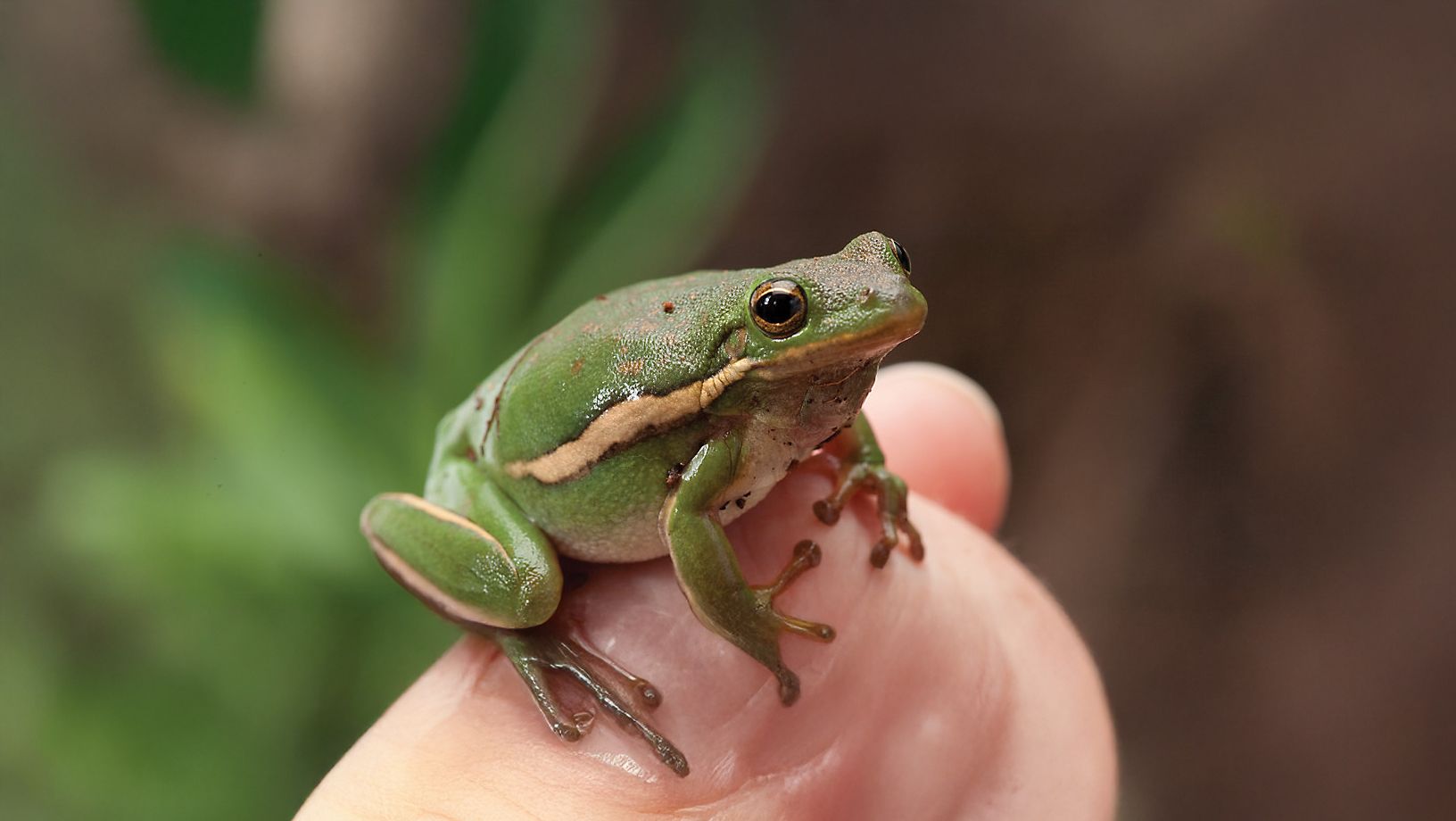Understanding Zoonotic Disease

In this Article
Many pet parents are not currently concerned about catching a disease or illness from their pets even though they should be. While not all pet-illnesses are contagious to humans, some are. Zoonotic diseases are something that pet parents should make sure they are aware of.
What are Zoonotic Diseases?
The term zoonosis applies to diseases including bacteria, viruses and parasites that can be passed from pets to people. All pets—including cats, dogs, birds, fish, rodents and reptiles—can spread disease to people.
Zoonotic diseases from pets range in severity but should all be taken seriously, and pet parents should always be taking steps to prevent their spread.
Common Examples of Zoonotic Diseases:
There are many different types of zoonotic pet diseases that are common and contagious to humans; here are a few of the most frequent examples:
- Rabies
- Cat Scratch Disease
- Ringworm
- Salmonellosis
- Fleas
Who is at Risk?
Infants, young children, pregnant women and the infirm or elderly are at a greater risk of infection and should use extra caution when in contact with pets or pet habitats.
How do Zoonotic Diseases Spread?
- When you touch your pet
- When you touch anything in the area where your pet lives and roams
- When you get bitten by pests like ticks, fleas and mosquitoes
- When you eat or drink food and water contaminated by animal poop
How Can You Tell If Your Pet Has a Bug That is Contagious to Humans?
The symptoms or different zoonotic diseases from pets vary greatly from one another. If you believe your pet might not be feeling well or might be battling something, then you should contact your veterinarian immediately. At the very minimum, always make sure your pet is making it to their regular checkups.
Your veterinarian is the ultimate authority and source of information on pet health and they are the only ones who can tell you if you are dealing with a zoonotic disease for your pet. It is always best to take caution, even if you are unsure if your pet’s condition is contagious.
Steps to Preventing Disease Spread/Zoonosis:
- Pets should not be housed in kitchens.
- Pets should not be allowed onto food preparation areas.
- Pets should not be bathed in kitchen sinks.
- Outdoor hoses should be used to clean pet habitats, aquariums, food and water dishes. There are also pet habitat disinfectants and cleaners that can be used to disinfect pet surfaces like reptile habitat cleaners.
- Always wash hands thoroughly after handling any pet, habitat or items within a habitat.
- An anti-bacterial hand sanitizer with at least 60% alcohol should be used if soap and water are unavailable.
Children:
The relationship between pets and children is special and creates lifelong memories, but safety and health are still top priorities. Some tips to help prevent zoonotic diseases from pets to children are:
- Supervise children around pets
- Supervise children as they wash their hands after interacting with their pet
- Don’t let children kiss pets or put their own hands in their mouth after petting them.
- Adults should always be the primary caregiver to pets, especially when it comes to the cleanliness of their spaces and habitat.
- Avoid contact with pet habitats if you have cuts or open sores on your hands,
- Teach kids to wash their hands right after playing with their pets or touching their supplies
How You Can Work with Your Veterianarin:
It is not uncommon for pets to have parasites, especially young puppies or kittens. Follow the advice of your veterinarian as it relates to testing and deworming your pets. Internal and external parasites may or may not cause obvious signs of illness in your pet. If you notice diarrhea, decrease in appetite or straining to pass stools, you should contact your veterinarian immediately for an exam. They can point you in the right direction of dog dewormers, cat dewormers and other forms of pet parasite care.
Information in this article is not intended to diagnose, treat or cure your pet and is not a substitute for veterinary care provided by a licensed veterinarian. For any medical or health-related advice concerning the care and treatment of your pet, contact your veterinarian.

